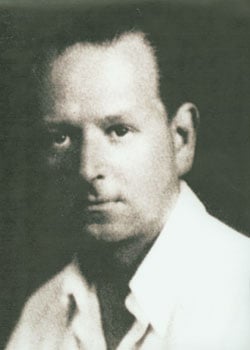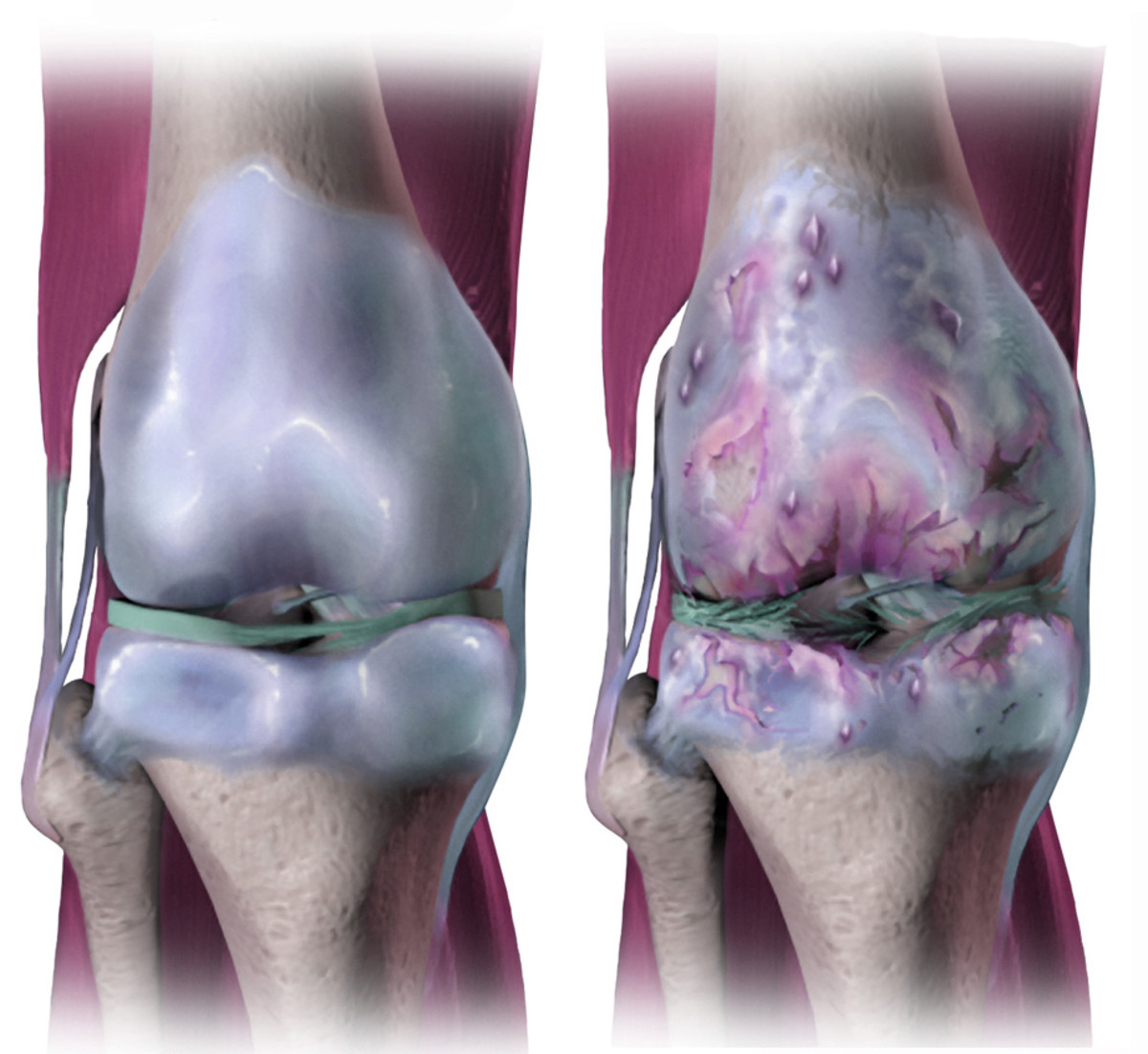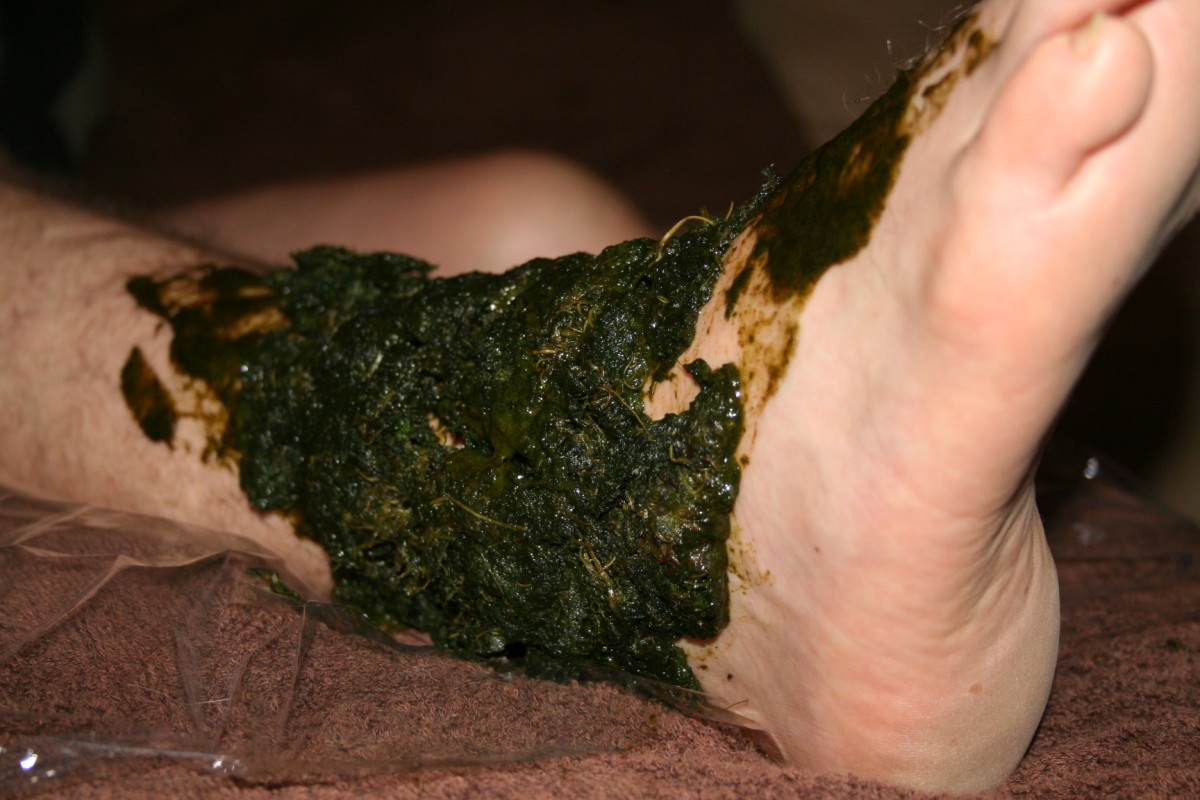The History and Development of Bach Flower Remedies

Some Background
If you’ve never heard of Bach flower remedies, let me first assure you that they have nothing to do with classical music or anyone named Johann Sebastian. They are homeopathic medicines developed in the late 1920’s and early 30’s by a London bacteriologist and pathologist named Dr. Edward Bach.
Edward Bach received his medical training at University Hospital in London, served on the staff there, and maintained a private practice in Harley Street. His ideas about natural flower essences grew out of his interest in homeopathic medicine and his work with vaccines. An early proponent of the mind-body connection, Bach came to the conclusion that physical illness was often caused by emotional states and thought that physicians should spend more time dealing with the mental states which were the root cause of disease rather than concentrating solely on symptoms of the illness itself. He felt that healing properties were to be found in plants and developed a way to preserve these “essences” in a way that could be useful to humans. Each of Bach’s flower remedies corresponds to a particular human feeling or mood.

Books from Amazon
Dr. Bach's Remedies
Dr. Bach developed his flower remedies through a process that involved identifying and harvesting the appropriate wild flowers, putting them in spring-water, then through sun drying or boiling, transferring the healing properties from the flower to the water. The resulting liquid was bottled with brandy as a preservative.
Though he started working on his remedies in the late 1920’s, it was not until 1930 that Dr. Bach closed his London office in order to devote his full attention to them. His new direction was really a complete system of healing that relied less on science and more on nature and the gifts of the individual healer. Not surprisingly, his more conventional colleagues were less than impressed. Undeterred, Dr. Bach refined his techniques and developed more and more flower remedies and treated more and more patients. He develped quite a following. He died at his home in Oxfordshire in 1936 at the age of 50. Dr. Bach’s former home is now the Bach Centre which offers courses and training, books, tapes, tours and serves as the headquarters of the Dr. Edward Bach Healing Foundation.
The Placebo Effect
Conventional medicine is no more sympathetic to Dr. Bach’s ideas today than it was in the 1930’s. However, with the rise of alternative therapies and the interest in herbal medicine that has taken place in the last decade or so, there has been a big resurgence of interest in Bach Flower Remedies. Dr. Bach’s early recognition of the mind/body connection has found great favor with contemporary New Age practitioners in particular, as it fits in well with New Age concepts.
The problem is, that since these remedies are used to change mood, and not to cure a specific physical condition, it is very hard to measure their effectiveness. It is highly possible that their efficacy has more to do with belief on the part of the user than anything else. There has been at least one study in Germany, which tried to measure the effectiveness of Bach Flower Remedies in lessening “exam clutch” in students The results were inconclusive. No appreciable difference in nervousness was found between students who used Bach Flower Remedies and a control group.
Personally, I don’t think that placebos are necessarily a bad thing. Of course it can be dangerous to treat pneumonia or clinical depression with a placebo, but using flower essences to enhance creativity, increase sensitivity, or promote feelings of serenity can do no harm and may actually help,especially if the patient believes it will. Besides, herbs and flowers have a long history of medicinal use all over the world. It’s wise to keep an open mind. To use or not to use Bach Flower Remedies is a personal decision. Compared to anti-depressants they are not costly. They have no reported side effects and they just might make you feel better. After all, in the eighteenth century people thought the idea that lemons could cure scurvy was mad. Today's crazy idea is tomorrow's medical breakthrough. With the new emphasis on alternative and complimentary treatments, Dr. Bach may turn out to have been a medical pioneer who was ahead of his time.
More on Bach Flower Remedies
Many practitioners and users have written online about Bach Flower Remedies. Here are a few recommended links for those who want to explore a bit more.
Bio Med Central -- an excellent article on the use of Bach Flower Remedies for psychological problems and pain posted on a well known site for alternative and complimentary medicine
314 user reviews of Rescue Remedy. Who found it useful, who didn't and more. Add your one review if you like on this very interesting forum.
Check out Bach Flower Remedies on Facebook.








